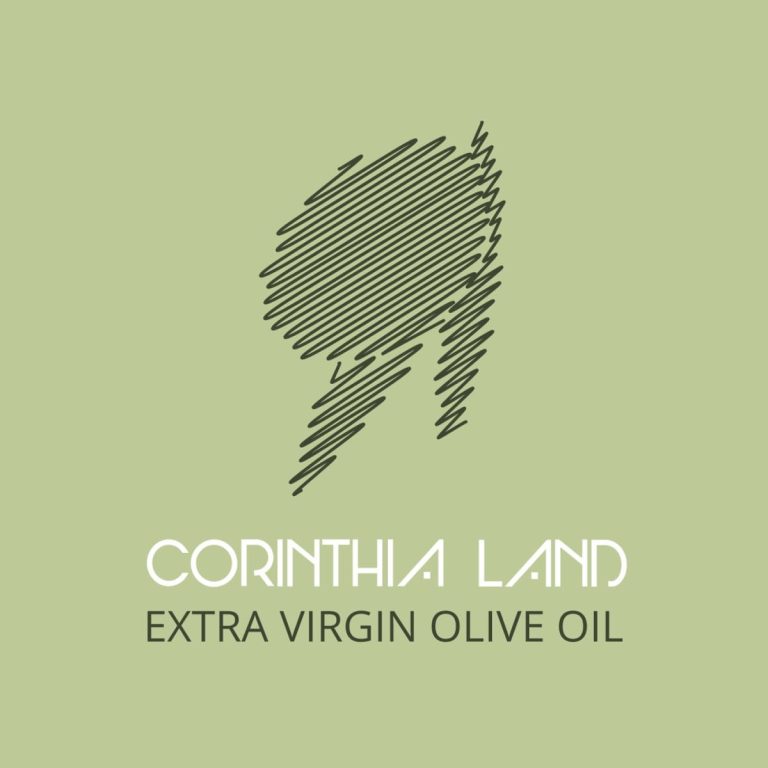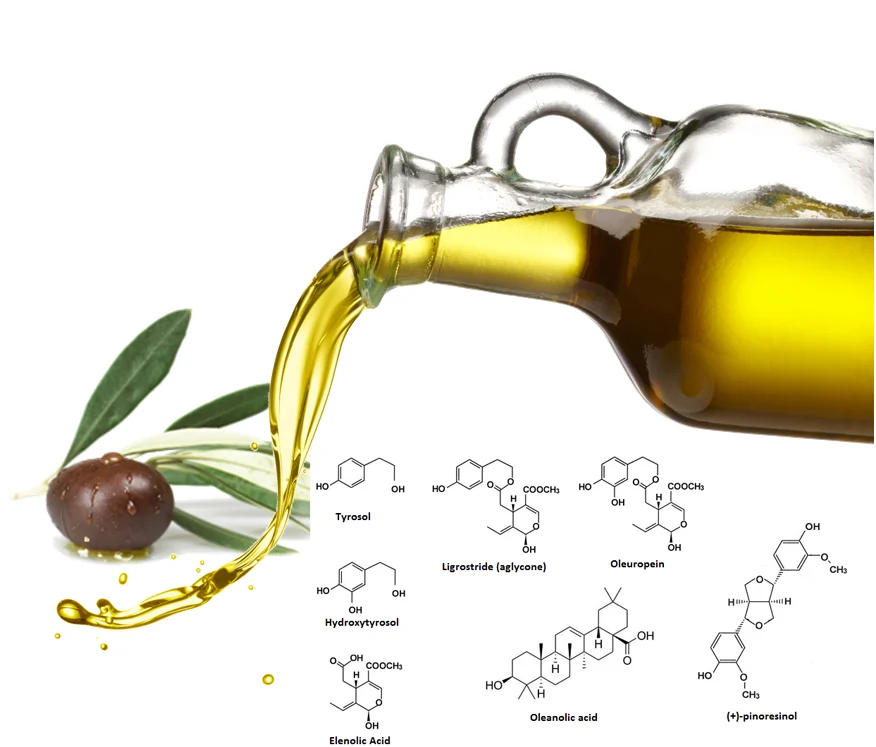Why Greek Olive Oil?

The Importance of Olive Oil in Greece
There are 800 million olive trees worldwide, with 700 million located in the Mediterranean and 140 million in Greece alone. Olive oil is not just a staple of Greek nutrition—it’s a sacred tradition. Greek consumers are discerning, loyal to the oil they grew up with, and demand uncompromising quality.
In Greece, olive oil is highly protected:
- Quality regulations are strict and enforced by law.
- Farmers take great pride in producing and preserving high standards.
- Alterations or adulterations are not tolerated.
Packaging with Integrity
The olive oil packaging industry in Greece is one of the oldest and most trusted:
- Includes large companies with international reach and small family-run businesses.
- Adheres to ISO and HACCP standards.
- Each olive oil batch is tested for over 25 parameters—a costly but essential process.
Consumers can trust that label claims match the actual contents.
Types of Greek Extra Virgin Olive Oil
Over 75% of olive oil produced in Greece is Extra Virgin. It is available in four main styles:
- Regular Extra Virgin Olive Oil
- Organic Extra Virgin Olive Oil
- Protected Designation of Origin (PDO)
- Protected Geographical Indication (PGI)
Even unlabelled oils often meet organic standards, as minimal fertilization and spraying are practiced.
Many local oils—such as “Corinthia Land” Extra Virgin Olive Oil—could qualify as PDO or PGI, since they are locally produced and packaged.
Greek vs. Other Origins
Why is Greek olive oil so unique?
- No imports — Only Greek olive oil is available in Greece.
- No blending — Unlike other countries, blends with foreign oils do not exist.
- 100% pure Greek origin — When it says Greek olive oil, it is just that.
Greece does not import olive oil—but it exports heavily.
Greek Olive Oil by the Numbers
- 420,000+ tons produced annually
- 3rd largest olive oil producer globally
- #1 in per capita consumption: 19kg per person
- Exports: Approx. 190,000 tons per year
Most exports go to the EU:
- 90% of exports are to European markets
- 80% bulk, 10% branded
But new markets are growing:
Canada, USA, Australia, Japan, and emerging destinations like China, Southeast Asia, and Argentina.
A Global Rise in Recognition
Historically, Greek-branded olive oil had low visibility abroad. But this is changing:
- Exports are increasing steadily.
- The rise of Mediterranean cuisine and interest in healthy eating is driving demand.
- Consumers are learning what experts have long known: Greek olive oil offers unmatched taste and purity.
Promoting Greek Olive Oil Worldwide
National campaigns have played a key role:
- USA (1992–1999)
- Canada (1994–1999)
- Australia (1999–2001)
Though Greek olive oil may be more expensive, it is a case of:
“You get what you pay for.”
Just as you wouldn’t expect champagne at the price of sparkling wine, top-quality olive oil commands a fair premium.

